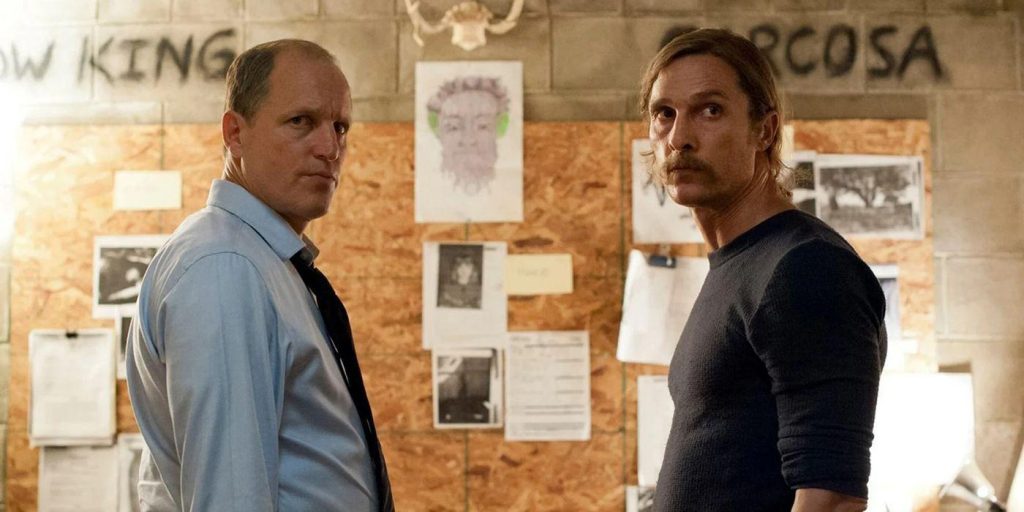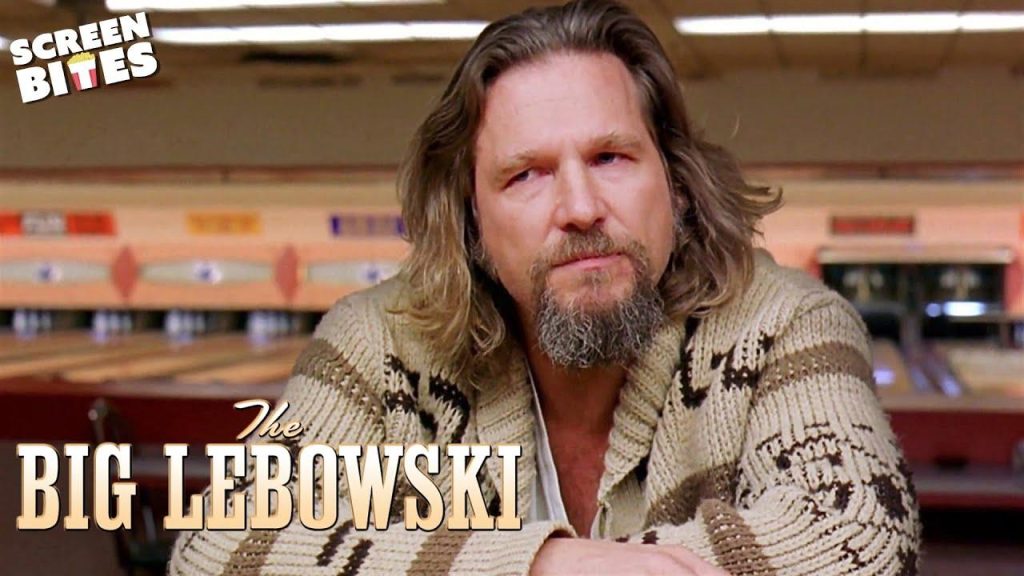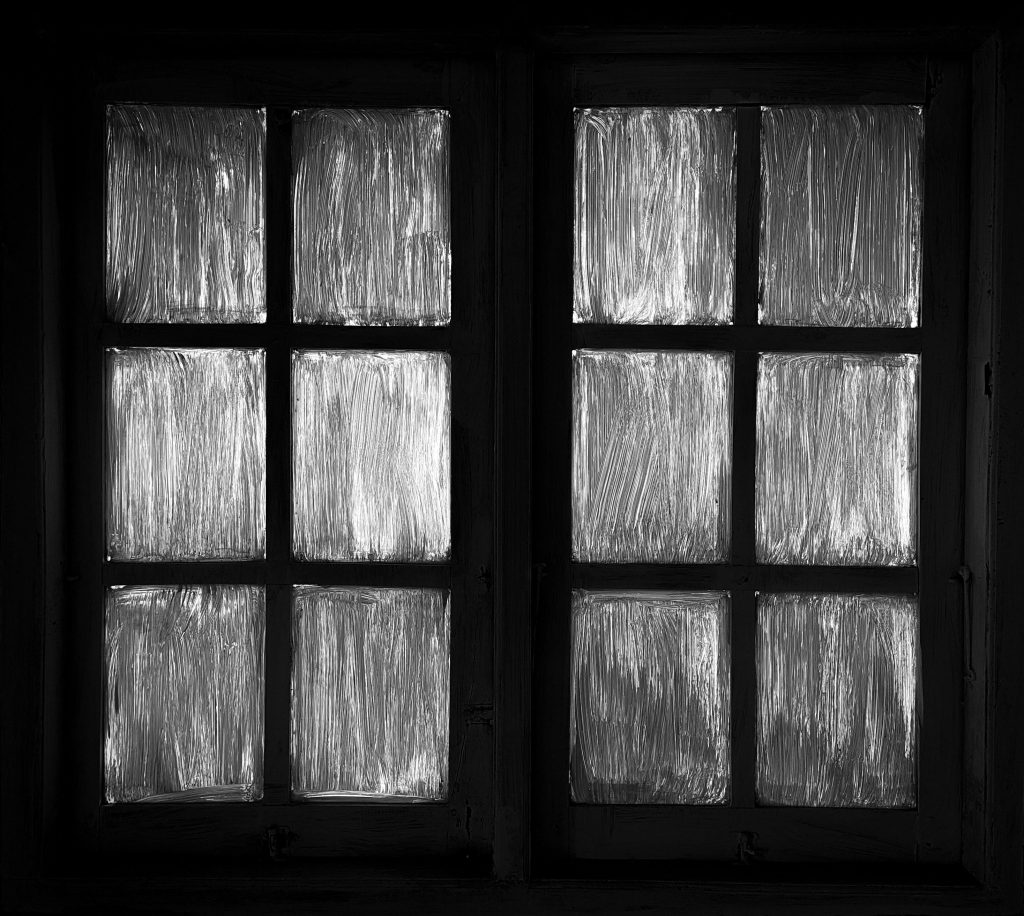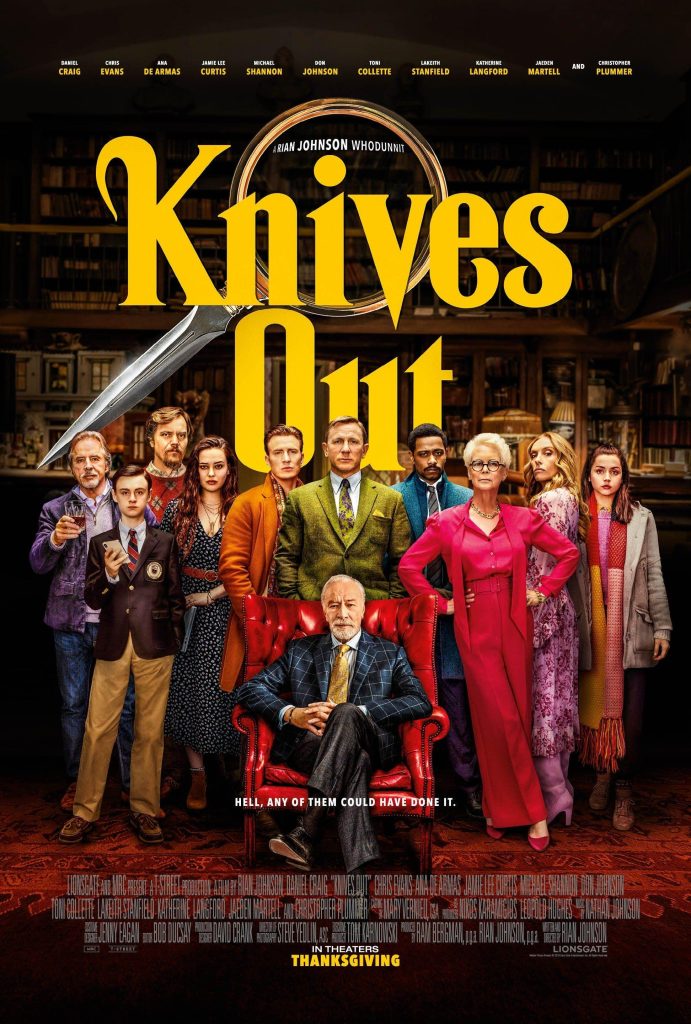In an era where the line between satire and reality often blurs, revisiting classic films can offer both a nostalgic journey and a lens through which to examine contemporary society. “Dr. Strangelove or: How I Learned to Stop Worrying and Love the Bomb,” Stanley Kubrick‘s iconic 1964 black comedy, stands as a testament to the art of blending humor with the gravitas of global annihilation. As the world grapples with new political tensions and the ever-present specter of nuclear conflict, the question arises: does “Dr. Strangelove” still resonate as a comedy in today’s world? This article delves into the film’s enduring legacy, exploring whether its sharp wit and absurdity continue to engage modern audiences or if time has dulled its once-potent satirical edge.
Exploring the Timelessness of Satire in Dr. Strangelove
In the realm of cinematic satire, Stanley Kubrick’s Dr. Strangelove remains a masterclass in blending dark humor with biting social commentary. Even today, its portrayal of political and military absurdity continues to resonate. The film’s core lies in its ability to expose the folly of human error and hubris, elements that have proven timeless. The satirical lens through which it examines Cold War paranoia is not only relevant but has evolved to mirror current global tensions.
- Absurd Characters: The exaggerated personalities, from the war-mongering General Ripper to the enigmatic Dr. Strangelove himself, serve as mirrors reflecting real-world figures and their often irrational behaviors.
- Dark Humor: The film’s ability to find humor in the grim realities of nuclear annihilation challenges viewers to confront their own fears and anxieties, a testament to its enduring appeal.
- Universal Themes: Issues of power, control, and the fragility of human systems are just as pertinent now as they were during the film’s release, making its satire feel remarkably fresh.
Ultimately, Dr. Strangelove thrives because it taps into the universal absurdity of human nature, a theme that remains ever-relevant. Its clever juxtaposition of comedy and catastrophe encourages audiences to laugh at the very real possibility of human error, proving that some truths are indeed timeless.

Cultural Shifts and Humor: A Modern Lens on Cold War Comedy
Stanley Kubrick’s Dr. Strangelove or: How I Learned to Stop Worrying and Love the Bomb is a cinematic gem that dared to blend the absurdity of nuclear warfare with the art of satire. As we revisit this Cold War classic through the lens of modern sensibilities, it’s fascinating to observe how humor has evolved alongside societal changes. The film’s bold and unapologetic portrayal of political incompetence and existential dread resonates differently today, as we navigate a world where comedy often reflects a broader spectrum of cultural and ethical awareness.
In evaluating its comedic value, one might consider several aspects:
- Timeless Satire: The film’s biting critique of military and political machinations remains relevant, echoing contemporary concerns about global power dynamics.
- Character Archetypes: While some may find the exaggerated personas of the military leaders less impactful today, others appreciate them as timeless caricatures that highlight the absurdity of unchecked power.
- Changing Tastes: Humor has shifted towards more inclusive narratives, and while Dr. Strangelove was groundbreaking for its time, some jokes may feel dated to modern audiences seeking more diverse perspectives.
Ultimately, the film’s ability to provoke thought through laughter is a testament to its enduring legacy, even as our cultural and comedic lenses continue to shift.

Character Archetypes: Are They Still Relatable Today
- The Mad Scientist: The titular character, Dr. Strangelove, embodies the classic mad scientist archetype. In today’s world, this figure remains relevant as a symbol of unchecked ambition and the potential dangers of scientific advancement. While technology has advanced, society’s concerns about its misuse have only intensified, making Strangelove’s character an enduring cautionary tale.
- The Inept Politician: Characters like President Merkin Muffley highlight the timeless archetype of the bumbling leader. In a world where political blunders are frequently headline news, this archetype continues to resonate. The comedic portrayal of such figures in the film underscores the absurdity and chaos that can ensue when those in power are ill-equipped to handle crises.
- The Military Maverick: General Buck Turgidson exemplifies the gung-ho military archetype, a character who thrives on conflict and escalation. In today’s geopolitical climate, where military decisions are often scrutinized for their global impact, Turgidson’s character offers a humorous yet poignant reflection on the perils of militaristic zeal.
The enduring nature of these archetypes lies in their ability to reflect the human condition and societal dynamics. While the context may have shifted, the core characteristics remain relatable, providing a mirror to our current world through the lens of satire and comedy.

Recommendations for Viewing Dr. Strangelove in the 21st Century
When revisiting Dr. Strangelove, it’s important to embrace the film’s satirical lens and understand the historical context of the Cold War era. Stanley Kubrick’s iconic black comedy remains relevant, offering a clever critique of political and military institutions. To fully appreciate its humor and themes in the 21st century, consider the following recommendations:
- Historical Context: Familiarize yourself with the geopolitical tensions of the 1960s. Understanding the fear and absurdity of nuclear brinkmanship enhances the film’s biting satire.
- Character Archetypes: Pay attention to the exaggerated characters. They represent real-world figures and ideologies, making their ridiculousness both humorous and thought-provoking.
- Modern Parallels: Reflect on current global issues and power dynamics. The film’s commentary on human folly and the dangers of unchecked authority resonates even today.
By approaching the film with an appreciation for its historical significance and its enduring message, viewers can find new layers of comedy and insight, ensuring that Dr. Strangelove remains a timeless piece of cinema.









